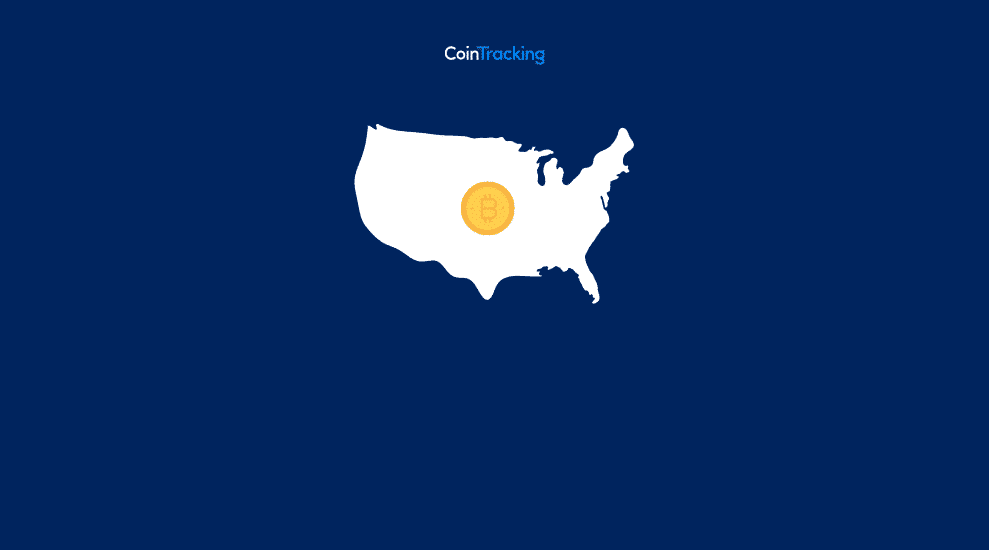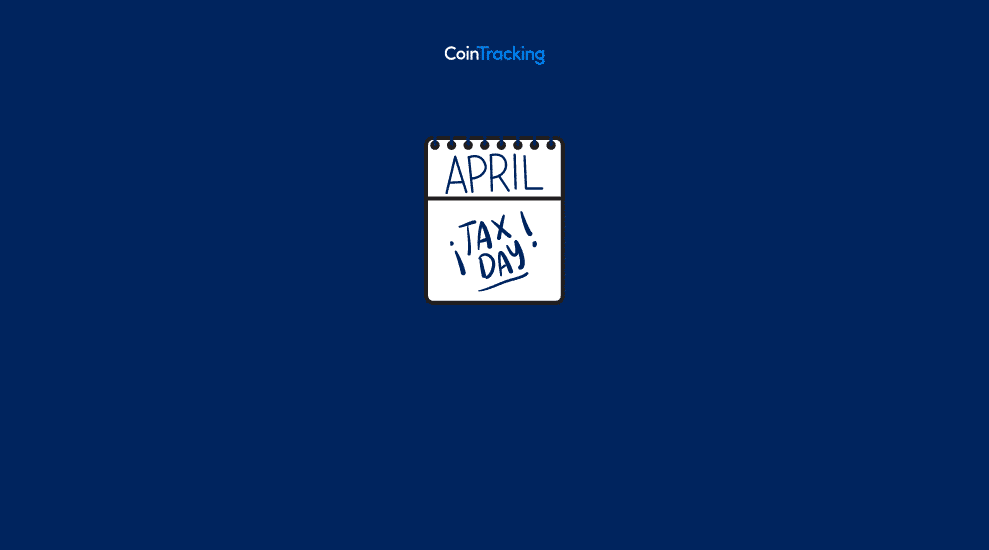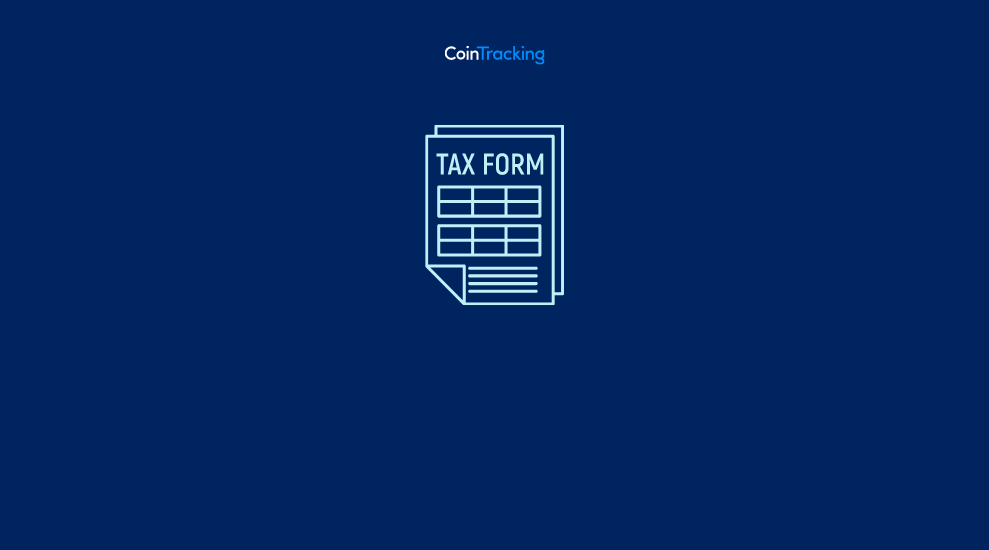Do You Pay Taxes on Bitcoin Debit Cards Purchases?
29 Mar, 2023 · 3 min read
Bitcoin debit cards are a new trend, but do you know the taxes involved when purchasing goods or services with Bitcoin or another crypto in the US?
Today, multiple exchanges and crypto services launched native crypto debit cards in the US and worldwide. Crypto.com, Gemini, Binance, Coinbase, and BlockFi are some of the most popular options, even offering rewards when making purchases with crypto debit cards. The instant access to liquidity, the easiness of use, and their usage incentives make crypto debit cards a valuable use case for those who want to transition their financial lives into digital assets.
However, the ease of use comes with a taxes attached that you should be aware of as a US taxpayer. We’ve seen that buying a car (e.g., Tesla) with Bitcoin or another crypto leads to a tax bill, and using Bitcoin debit cards follow a similar rationale.
Taxes when buying with Bitcoin debit cards?
According to the IRS guide, a crypto-to-fiat transaction is a taxable event. When you pay with a Bitcoin debit card, you’re essentially converting crypto into USD to make a purchase.
As a result, you need to pay capital gains tax when purchasing with a crypto debit card if the price of crypto you are using is higher at the time of the purchase than when you acquired it in the past.
You can think about using a debit card for purchase as a two-steps transaction. Firstly, you sell your crypto for FIAT, which creates a capital gain/loss. The cost basis for the gain calculation will be the amount you paid to acquire the cryptocurrency you used to purchase with your crypto debit card. Secondly, you use that FIAT from the deemed sale of your crypto to purchase goods/services (not a taxable event).
Let’s see how taxes plays out when purchasing with Bitcoin debit cards in a real scenario.
Mark buys a pair of jeans with his Bitcoin debit card: Taxes
Let’s assume that Mark bought 1 Bitcoin at $10K in August 2020. He plans to hold his BTC for many years, but he wants to use crypto in his daily life and starts making some of his purchases with a Bitcoin debit card.
In January 2021, Marks sees the sales at Levis and buys a pair of jeans for $100. At the time of the purchase, Bitcoin’s price was $35K. At that price, Mark’s jeans cost him 0.0028571428 BTC.
- Gain to be reported from the sale = (0.0028571428 BTC x $35K) – (0.0028571428 BTC x $10K)= $100 – $28.57 = $71.43
- Capital gains tax to be paid = $71.43 x35% (short-term capital gains tax*) = $25
*Short-term capital gains tax rates range from 10% to 37% in the US. We assume a 35% short-term capital gain tax for simplicity purposes. However, these rates are merely indicative as the real ones will depend on your total income level and family status (married/single) as a US taxpayer.
Mark’s total bill: The purchase and capital gain taxes
On top of his $100 purchase, Mark will have to pay $25 in capital gains tax, assuming the 35% short-term tax rate since he sold his BTC less than 12 months after acquiring it.
Sign-up to CoinTracking today!
Does it make a difference if I pay with USDT or stablecoins instead of Bitcoin?
In a recent question from our crypto taxes AMA, a crypto holder wondered if the use of stable coins changed the tax setting for crypto debit card transactions.
A stable coin like USDT is pegged to USD, which means the price volatility will be much smaller than Bitcoin. However, you’ll still need to calculate the gain/loss based on the USDT price you acquired versus the one you sold it. Naturally, the gain probably will be zero or minimal, but even if you didn’t have any gain/loss, you’d still have to report the transaction.
Does the country/origin of the crypto card provider make a difference?
As a US resident and taxpayer, you have a new set of reporting obligations once you become a crypto holder. The country where the crypto card provider is established does not change how you report your taxes. No matter where your crypto card issuer is located, you’ll still be taxed on each crypto debit card purchase.
Share this









